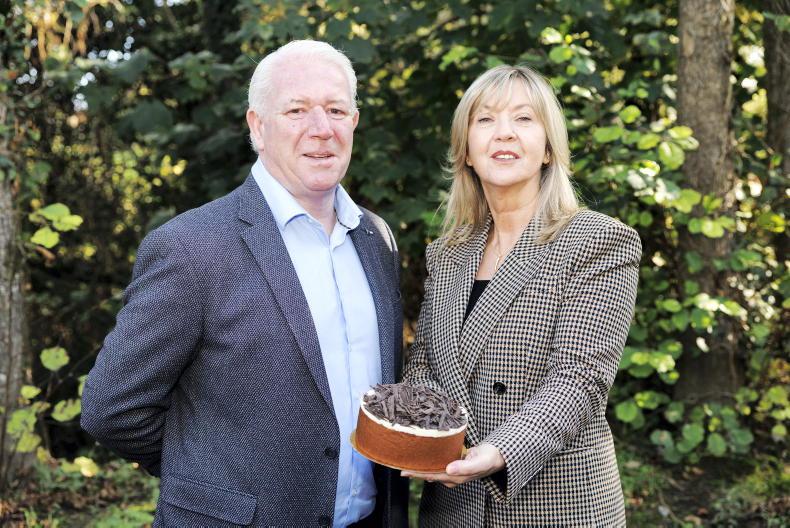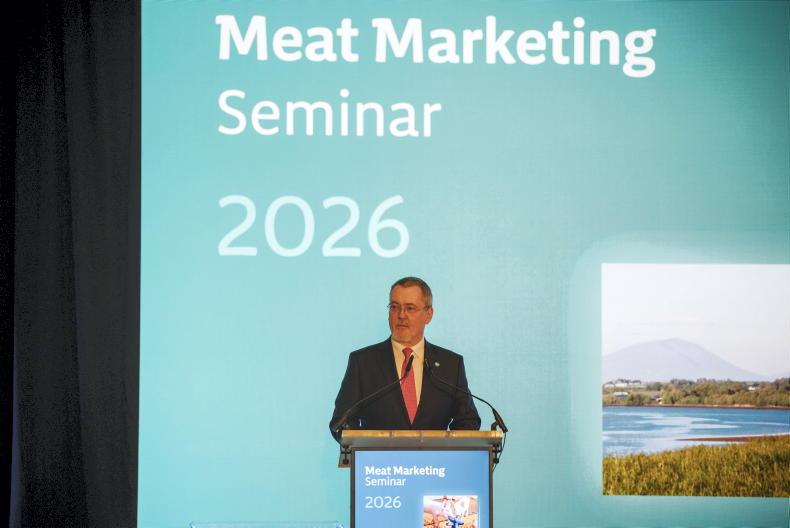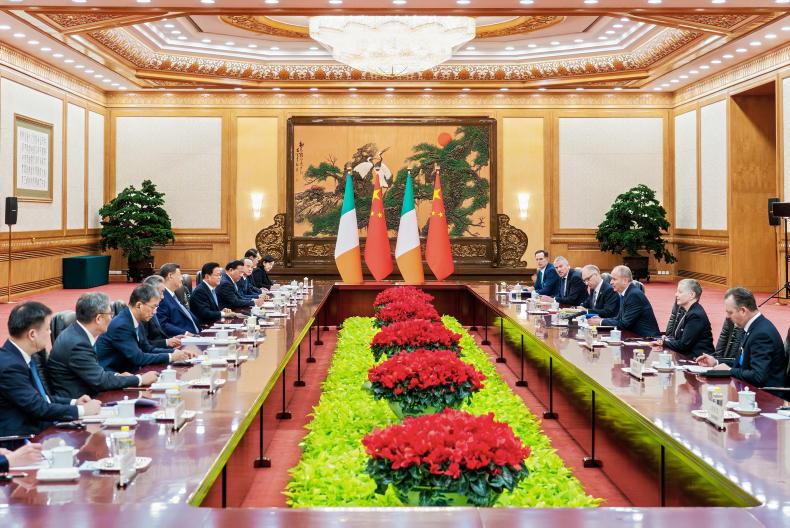When the general public read headlines in the national media about soaring food prices, the immediate impression given is that the food industry is cashing in.
Official figures show that food and non-alcoholic drinks rose at their fastest rate in 45 years in the 12 months to March 2023, with annual food price inflation at 19.2%, well ahead of the general consumer price inflation index at 10.1%.
Yet it wasn’t that long ago inflation in agricultural inputs as reported by consultants at the Andersons Centre was running at over 26% (July 2022). Food prices simply had to rise if the supply chain had any hope of remaining sustainable.
Amid the media attention on food prices, the fear is that some major supermarkets will now want to get positive publicity by leading the charge to get prices down. Already we have seen nearly 40% taken off milk prices this year, and pressure coming on processors to cut the prices paid for beef. The reality is that beef producers need prices to remain where they are to get any sort of positive margin, while in dairy, a milk price in the low 30s is 10p/l below total costs of production on many farms.
The renewed focus on high food prices coincided with British Prime Minister Rishi Sunak’s first “farm-to-fork” summit at Downing Street on Tuesday.
An update from government following the event included warm words around labour shortages, fairer supply chains, boosting exports and cutting red tape.
The summit was preceded by an “open letter to British farmers” from the Prime Minister in which he made some important commitments around food security and future trade deals. The letter included a pledge to protect UK standards, and exclude chlorine-washed chicken and hormone-treated beef.
Only time will tell whether these renewed commitments will be of any value. Given his party colleagues effectively threw open the doors to New Zealand and Australia in recent trade deals, farmers might view this “open letter” with a degree of scepticism.
Read more
British PM commits to drive up food exports
Carbon programme to start next month
When the general public read headlines in the national media about soaring food prices, the immediate impression given is that the food industry is cashing in.
Official figures show that food and non-alcoholic drinks rose at their fastest rate in 45 years in the 12 months to March 2023, with annual food price inflation at 19.2%, well ahead of the general consumer price inflation index at 10.1%.
Yet it wasn’t that long ago inflation in agricultural inputs as reported by consultants at the Andersons Centre was running at over 26% (July 2022). Food prices simply had to rise if the supply chain had any hope of remaining sustainable.
Amid the media attention on food prices, the fear is that some major supermarkets will now want to get positive publicity by leading the charge to get prices down. Already we have seen nearly 40% taken off milk prices this year, and pressure coming on processors to cut the prices paid for beef. The reality is that beef producers need prices to remain where they are to get any sort of positive margin, while in dairy, a milk price in the low 30s is 10p/l below total costs of production on many farms.
The renewed focus on high food prices coincided with British Prime Minister Rishi Sunak’s first “farm-to-fork” summit at Downing Street on Tuesday.
An update from government following the event included warm words around labour shortages, fairer supply chains, boosting exports and cutting red tape.
The summit was preceded by an “open letter to British farmers” from the Prime Minister in which he made some important commitments around food security and future trade deals. The letter included a pledge to protect UK standards, and exclude chlorine-washed chicken and hormone-treated beef.
Only time will tell whether these renewed commitments will be of any value. Given his party colleagues effectively threw open the doors to New Zealand and Australia in recent trade deals, farmers might view this “open letter” with a degree of scepticism.
Read more
British PM commits to drive up food exports
Carbon programme to start next month









SHARING OPTIONS